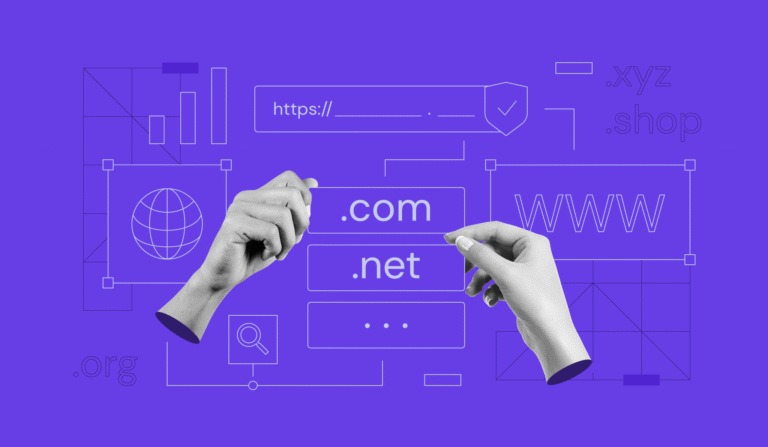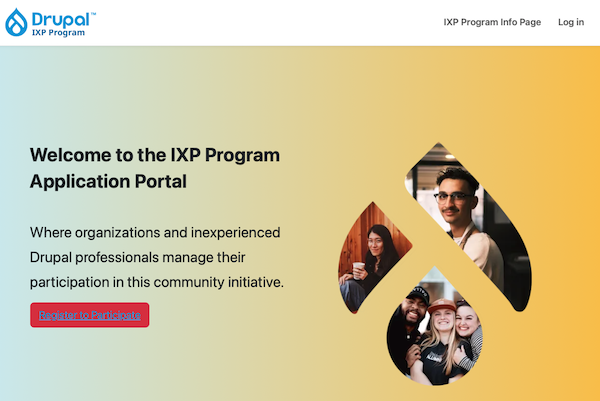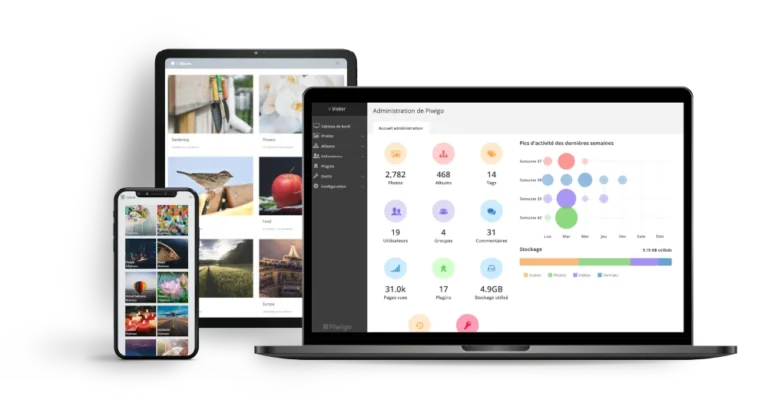The MarTech landscape has come a long way, and the growth continues to illuminate the sheer breadth and innovation of the industry, it’s clear that 2025 will be another pivotal year for marketing technology.
AI has become the cornerstone of modern marketing strategies. Marketers are now able to deliver highly personalized content and campaigns at scale, adjusting in real-time to customer preferences. Predictive analytics helps brands anticipate the needs of their audience, tailoring experiences to individuals’ unique behaviors, increasing engagement, and ultimately improving conversion rates.
Key Stats from the Current MarTech Landscape
- 15,000+ Solutions: The number of MarTech solutions has exploded, offering a vast array of options for marketers to choose from.
- 50+ Categories: Solutions now span across over 50 different categories, allowing businesses to tackle every aspect of marketing—from lead generation and email marketing to sales enablement and customer success.
- Growth in AI-Driven Tools: AI-based platforms, including those for predictive analytics, personalization, and content creation, make up a growing portion of the landscape, accounting for roughly 25% of all tools.
- Shift Towards Customer Experience: 70% of marketing leaders now consider customer experience management a top priority, leading to greater adoption of CX-focused MarTech platforms.
Some key trends driving the MarTech landscape today include:
SaaS platforms remain the backbone of modern MarTech stacks. With cloud-native solutions, companies no longer need to invest in costly infrastructure to scale their marketing efforts. Whether it’s marketing automation, analytics, or social media management, cloud solutions offer flexibility and agility, making it easier for businesses to adopt cutting-edge technology without the burden of large capital expenditures.
The marketing technology landscape is undergoing a seismic shift, with artificial intelligence (AI) and cloud-based technologies driving unprecedented capabilities. Today’s MarTech stack enables organizations to unlock deep customer insights, automate complex workflows, and deliver hyper-personalized experiences at scale while transforming how brands engage with their audiences.
Combining Martech with Cloud AI Technologies
The ongoing research highlights the massive growth and complexity of the MarTech landscape. As noted, the number of marketing technology solutions has grown exponentially, with more than 15,000 platforms currently available, spanning a wide array of categories from social media and content marketing to customer experience management and AI-driven personalization.
With the large array of MarTech solutions available today, integration has become a critical challenge for marketers. To address this, Integration Platform as a Service (iPaaS) solutions have gained traction, making it easier to connect disparate marketing tools into a unified system. This integration eliminates silos and allows businesses to create a seamless customer experience by syncing data across platforms, from CRM systems to email marketing solutions.
By Scott Bernstein
1. AI-Powered Personalization
As consumers continue to embrace voice-activated devices and visual search, marketers must adapt. Optimizing content for voice search and visual recognition is no longer optional. MarTech solutions are now being built with this future in mind, enabling brands to connect with customers on their preferred channels, whether it’s via voice assistants like Alexa or visual search tools on mobile apps.
2. Data Integration Across Platforms
As we move further into 2025, MarTech will continue to evolve with even more sophisticated tools driven by AI, machine learning, and cloud technologies. The future will see greater automation, deeper personalization, and smarter integrations across marketing channels. Brands that leverage these advancements effectively will have a significant competitive edge, not only in terms of customer engagement but also in driving measurable ROI.
3. Advanced Analytics and Insights
This work continues to illuminate how the MarTech ecosystem is developing, with the industry’s sheer scale and variety of tools now offering businesses a multitude of choices across all aspects of marketing, from customer experience and social media to sales enablement and analytics.
4. Voice Search and Visual Content
These statistics underscore the industry’s transformation, but they also highlight the challenges that come with such rapid growth: complexity, integration, and the need for more strategic implementation.
5. Cloud-Native Solutions for Scalability
Looking Ahead: The Future of MarTech
The world of marketing technology (MarTech) has seen explosive growth and transformation over the past decade. What once started as a fragmented ecosystem of isolated tools has now blossomed into a vast, interconnected network that empowers marketers with advanced solutions to drive engagement, optimize campaigns, and deliver personalized customer experiences. Scott Brinker’s journey has been pivotal in mapping this evolution, with his recent MarTech Landscape Supergraphic serving as a landmark reference for the industry’s rapid expansion. The graphic has grown from a handful of tools in its early years to over 15,000 solutions today.
- Automation at Scale: With AI handling more complex tasks, such as content generation and customer segmentation, marketers will focus on strategy while automation takes care of execution.
- Intelligent Campaign Optimization: Real-time data analysis and machine learning will help marketers adjust campaigns dynamically, ensuring that each touchpoint is optimized for the best possible outcome.
- Seamless Cross-Channel Experiences: As customers interact with brands across multiple touchpoints, integrating data from web, social, email, and mobile into a single view will be crucial for delivering consistent, personalized experiences.
Data has always been central to marketing, but today’s tools are transforming how organizations leverage it. AI-driven analytics platforms are able to provide actionable insights by processing vast amounts of data and offering predictive models that inform strategy. Marketers can now segment customers with incredible precision and create more targeted, effective campaigns.






